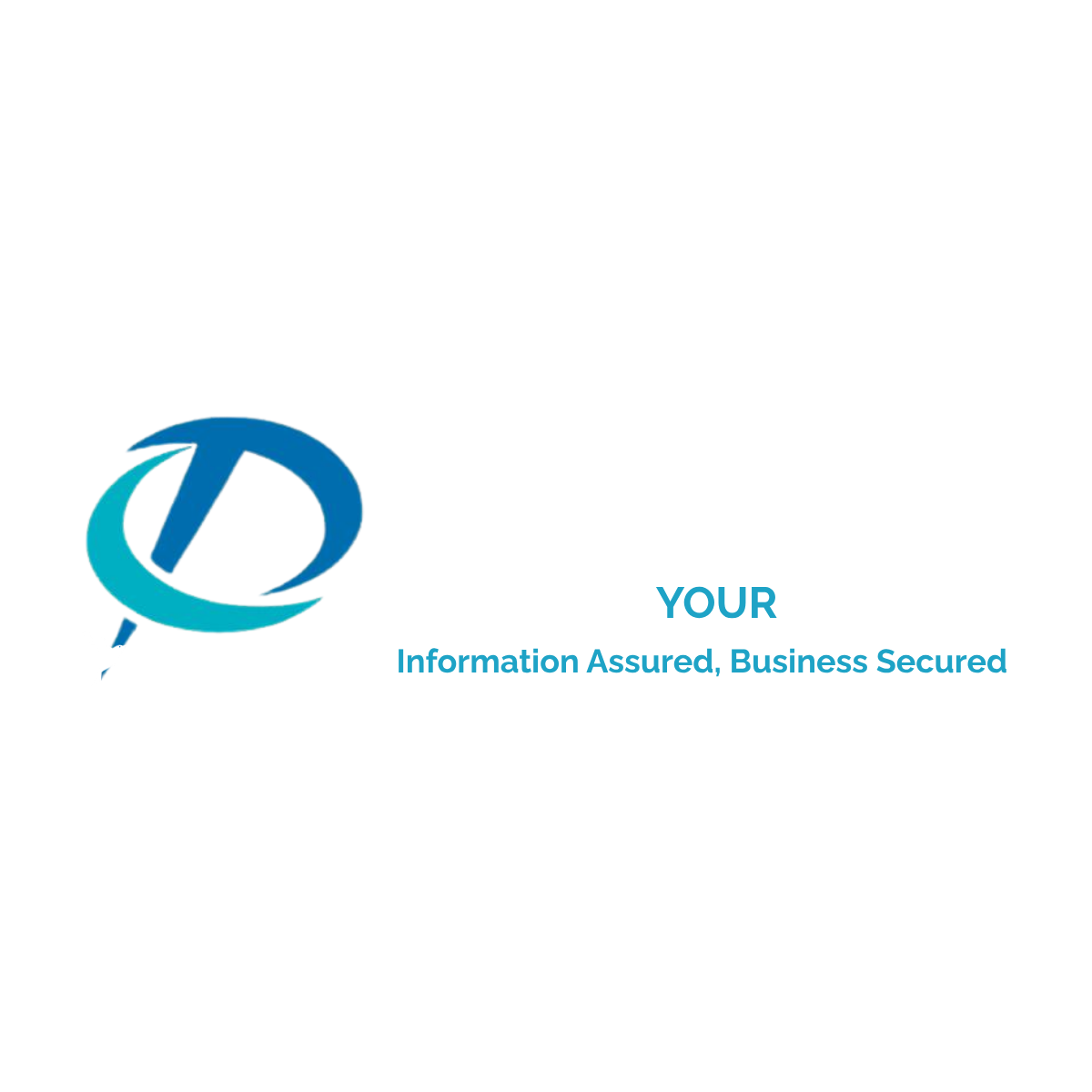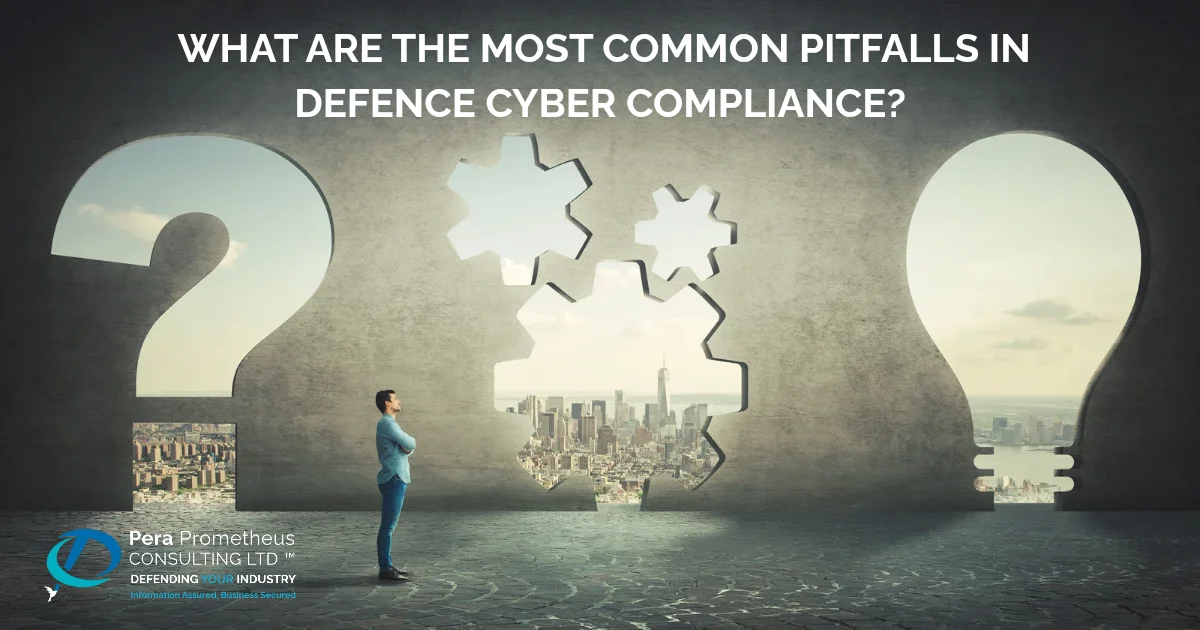Table of Contents
Modern businesses are rapidly expanding their digital landscape, however, as a digital footprint increases so too does the cyber threat surface it is open to, therefore, it is crucial for businesses to safeguard their network and critical information. One way to achieve this is through support from a professional cybersecurity consultant. Generally, a consultant is brought in because a business element predicts, wishes to prevent or is experiencing an issue causing stress within the business environment. If you have brought in the correct consultant, you should feel that stress melt away.
On this blog we aim to provide a guide outlining five key things for businesses to consider whilst selecting their ideal cyber security consultant that aligns with their specific needs and helps achieve cyber resilience.
Research Potential Consultants
The process of choosing the right cybersecurity consultant begins with research. Businesses need to base their research on the consultant’s work experience, previous performance, the services they offer and qualifications/certifications that they hold. Things to consider are:
- Businesses may wish to consider cybersecurity consultants who have experience working within similar business environments as their own since they will have a greater understanding of the specific threats and challenges. However, experienced consultants are used to adapting and tailoring their experience to their clients needs and you may wish to consider the benefits of bringing in an outside point of view which comes without previous bias.
- Ensure the consultant offers a comprehensive suite of services that align with your business needs, such as cyber threat assessment, information security management, training, policy production or governance, risk and compliance.
- Businesses need to confirm that the consultant holds industry-recognised certifications and accreditations such as CISSP, CISM, CISA etc, which indicates their expertise and commitment to professional standards. There may be specific standards that are required within your industry which you would want your consultant to hold certifications for such as PCI DSS, ISO 27001 LA etc.
Evaluate Cybersecurity Consultants
Once potential consultants are identified, businesses need to evaluate them. It is essential to assess their technical expertise, experiences and communication skills. The consultant should be able to demonstrate their understanding of the relevant frameworks/standards and showcase their knowledge of the latest cybersecurity threats, technologies, and best practices. The business should also assess their communication style and willingness to collaborate closely with your team. Effective communication plays a vital role in building a trust, ensuring a smooth working relationship and ultimately delivering an effective cybersecurity solution.
Perform Due Diligence on the Consultant
Once evaluated and identified, businesses should always conduct due diligence on the chosen consultant before committing to any contracts. Businesses need to gather information about the consultant’s reputation, check on their company, and understand their security practices. References and testimonials from previous clients are key to getting an insight into their performance, reliability, and responsiveness.
Clearly Communicate Business Goals
Businesses should start by assessing their overall environment and identifying their most important assets. When selecting a cybersecurity consultant, it is important to clearly communicate what the business objective is. This helps the consultant stay focused and deliver better results. A good consultant will begin by evaluating the organisation’s security practices and perform a detailed risk assessment to find any security weaknesses. However, the key to success is working together and maintaining good communication between the business and the consultant.
Form a Long-Term Cybersecurity Partnership
Once a cybersecurity consultant is selected, it’s crucial to build a strong and collaborative relationship. Businesses need to ensure they have a clear contract terms which clearly define expected deliverables and boundaries regarding responsibilities and authority. A cybersecurity consultant will be privy to a wide range of your private business information and practices so a Non Disclosure Agreement is also essential. Both parties should have open communication, trust and a shared commitment to security for a successful partnership.
- Open Communication: It is important to establish clear communication channels to discuss business needs, expectations, and any emerging security challenges.
- Trust and Collaboration: Both parties should foster a trusting relationship based on mutual respect and collaboration.
- Continuous Improvement: Businesses should always conduct regular reviews with the consultant on the security posture and identify opportunities for improvement. A proactive approach to security can help businesses stay ahead of emerging threats and protect critial assets.
Although the above details 5 things for businesses to consider whilst choosing the right cybersecurity professional, a good consultant will lead the way in demonstrating and identifying these details for you.
A good consultant will have empathy for your business needs, understand that cybersecurity poses a daunting challenge for some organisations and lead the way in lightening your burden, delivering value in the area you have engaged them to.




